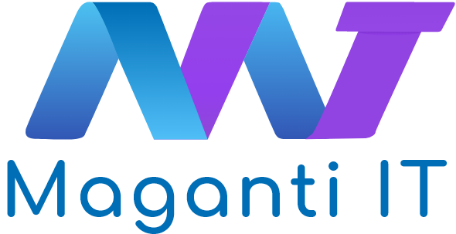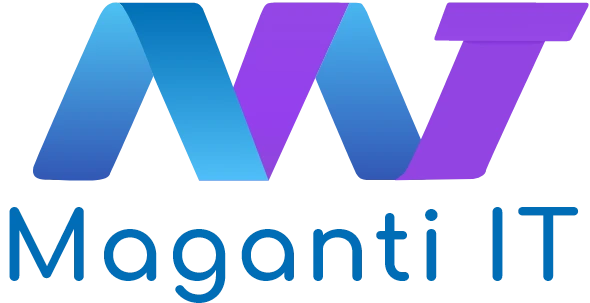Conversations Powered by NLP
Imagine waking up in a world where your coffee machine brews your favorite blend simply because you smiled at it, or your car knows to play your preferred podcast as you buckle your seatbelt. This is not the distant future—it’s the promise of Natural Language Processing (NLP), an evolving field of artificial intelligence that's reshaping our interactions with technology in extraordinary ways.
In an era where technology learns from us rather than just following commands, NLP is paving the way for a more intuitive, human-like connection between us and our devices. As NLP technology matures, it offers a glimpse into a future where machines understand not just our words, but the nuances of our emotions, preferences, and intentions, transforming how we live and work.
The Dawn of Conversational AI
Not long ago, talking to machines felt like science fiction. Today, chatbots and virtual assistants are everywhere. Companies like Apple, Amazon, and Google have developed sophisticated conversational agents capable of understanding and responding to human language. Take Apple’s Siri, for example; it can manage your schedule, answer questions, and even control smart home devices—all through natural conversation.
According to Statista, the global chatbot market is expected to reach approximately $1.34 billion by 2024, reflecting our growing reliance on conversational AI. These chatbots have advanced beyond answering simple questions; they now engage in complex dialogues and provide personalized responses based on user preferences.
Voice-Activated Systems: A New Era of Convenience
Think about how often you use voice-activated systems. Whether asking Google Assistant for the weather or telling Alexa to add items to your shopping list, these interactions have become second nature. A recent survey showed that over 55% of U.S. households own a smart speaker, highlighting the widespread adoption of voice technology.
Voice recognition has made significant strides since its inception. Initially, these systems struggled with accents and contextual nuances, leading to user frustration. Thanks to advancements in NLP, modern systems now understand diverse accents and dialects. A Microsoft study found their voice recognition technology achieved a word error rate of just 5.1%, matching human transcription performance.
The Power of Personalization
Imagine a world where your virtual assistant knows your preferences so well that it suggests a movie you’ll love or reminds you of your best friend’s birthday. This level of personalization is possible through NLP and machine learning. By analyzing past interactions, these systems can predict user needs and tailor responses accordingly.
Netflix is a prime example, using NLP algorithms to analyze viewer habits and provide personalized content recommendations. More than 80% of Netflix content views come from recommendations generated by its algorithms, showcasing the effectiveness of NLP in enhancing user engagement.
In our globalized world, effective communication across languages is vital. NLP plays a crucial role in breaking down language barriers. Machine translation services like Google Translate utilize advanced NLP techniques to provide real-time translations, enabling users to communicate seamlessly.
A 2021 survey indicated that 72% of consumers are more likely to purchase a product if information is available in their native language, demonstrating the power of NLP in facilitating international business and promoting inclusivity.
Looking ahead, the potential of NLP in human-computer interaction is limitless. Here are a few trends likely to shape the landscape:
Future NLP systems may incorporate emotion recognition, allowing for more empathetic interactions. If a user sounds frustrated, the assistant might adjust its tone or suggest alternative solutions.
2. Contextual Awareness
Advanced NLP systems will develop a deeper understanding of context, enabling appropriate responses to ambiguous queries. For example, if you ask, “What’s the best place to eat?”, a context-aware assistant could consider your location and preferences to offer tailored suggestions.
NLP will increasingly integrate with technologies like augmented reality (AR) and virtual reality (VR), creating immersive experiences. Imagine a virtual meeting where participants communicate naturally, with real-time language translation.
As NLP advances, ethical considerations around privacy and bias will become crucial. Responsible AI practices must be developed to mitigate these challenges, ensuring technology serves everyone equitably.
Natural Language Processing is revolutionizing human-computer interaction, making it more intuitive and personalized. As NLP continues to evolve, we can anticipate a future where machines understand and respond to human language with unprecedented accuracy and empathy. This transformation will enhance user experiences across various industries, fostering deeper connections between humans and technology.
To harness the power of NLP and AI, it’s vital to partner with experts who understand these technologies. At Maganti IT we specialize in providing tailored AI solutions that integrate cutting-edge NLP into your business strategy. Let’s embark on this journey toward a more connected future together!






